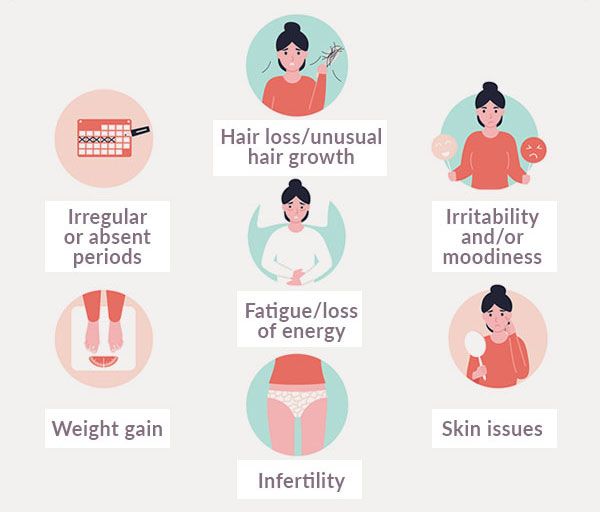Signs of Hormonal Imbalance in Women
In today’s fast-paced world, women often juggle multiple responsibilities, leading to high stress levels and poor lifestyle choices. This can have a significant impact on their hormonal balance, leading to various health issues. Recognizing the signs of hormonal imbalance in women is crucial for maintaining overall well-being. In this article, we will discuss the common signs of hormonal imbalance and how to address them.
Overview of Hormones in Women
Hormones play a vital role in women’s health, affecting various bodily functions such as metabolism, mood, reproductive health, and overall well-being. When hormones are imbalanced, it can lead to a wide range of symptoms that can impact daily life.
Common Signs of Hormonal Imbalance
1. Irregular Menstrual Cycles
One of the most common signs of hormonal imbalance in women is irregular menstrual cycles. This can manifest as missed periods, heavy or light bleeding, or unusually long cycles. Hormonal imbalances, such as estrogen or progesterone dominance, can disrupt the normal menstrual cycle.
2. Mood Swings
Hormonal fluctuations can impact serotonin levels in the brain, leading to mood swings, irritability, and anxiety. Women may experience sudden changes in mood, from feeling happy and energetic to sad and lethargic, due to hormonal imbalance.
3. Weight Gain
Hormonal imbalances, such as insulin resistance or thyroid dysfunction, can lead to unexplained weight gain in women. This can be particularly frustrating for those who are trying to lose weight through diet and exercise but see no results.
4. Fatigue
Chronic fatigue and low energy levels are common signs of hormonal imbalance in women. Hormones such as cortisol, thyroid hormones, and estrogen play a crucial role in energy production. When these hormones are imbalanced, it can lead to persistent fatigue and lack of motivation.
5. Hair Loss
Hormonal imbalances, particularly excess androgens or thyroid dysfunction, can lead to hair loss in women. Thinning hair, bald patches, or excessive shedding are common signs of hormonal imbalance affecting hair health.
Addressing Hormonal Imbalance
If you suspect you have a hormonal imbalance, it is essential to consult a healthcare professional for proper diagnosis and treatment. Depending on the underlying cause of the hormonal imbalance, treatment options may include lifestyle changes, hormone therapy, or medications.
In addition to seeking medical advice, you can make lifestyle changes to support hormonal balance, such as eating a balanced diet, getting regular exercise, managing stress levels, and getting enough sleep. These lifestyle changes can help regulate hormone levels and improve overall well-being.
Conclusion
Recognizing the signs of hormonal imbalance in women is essential for maintaining good health and well-being. By understanding the common symptoms of hormonal imbalance and taking proactive steps to address them, women can improve their quality of life and prevent long-term health complications.
If you are experiencing any of the mentioned signs of hormonal imbalance, consult a healthcare professional for proper diagnosis and treatment. Remember, early intervention is key to restoring hormonal balance and achieving optimal health.


